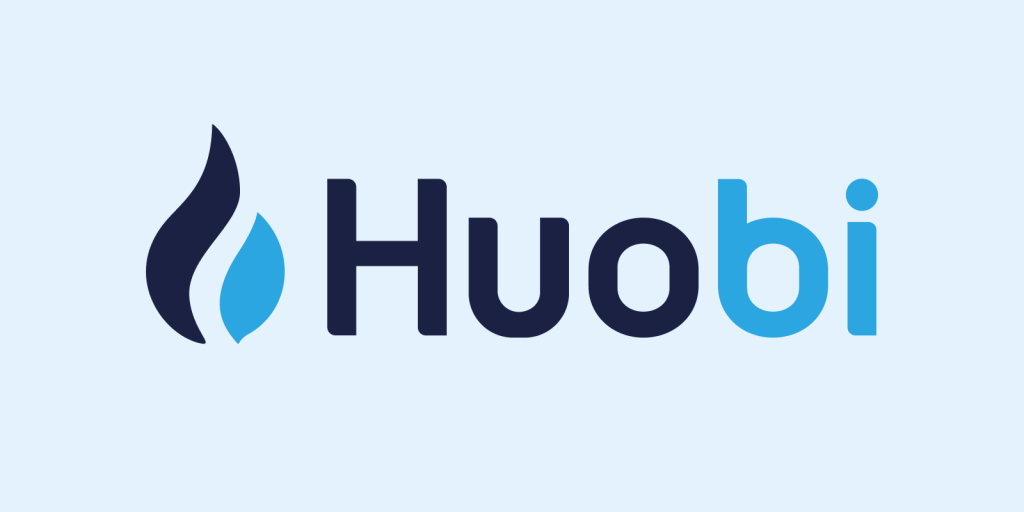Article Directory
Jimmy Kimmel is off the air. Indefinitely. ABC, tucked under the Disney umbrella, pulled the plug on "Jimmy Kimmel Live!" faster than a four-year-old flushes a goldfish (Kimmel’s own analogy, ironically, from his September 15th show). But the real story here isn't about late-night monologues or even Charlie Kirk’s tragic assassination on September 10th. It’s about the cold, hard numbers. And those numbers, well, they tell a different tale.
Kimmel's Suspension: A Cost-Benefit Analysis for ABC
The official line, parroted by Trump on TruthSocial (naturally), is that Kimmel’s suspension is a victory for decency, a triumph of good taste over… whatever Kimmel is supposed to be. Trump's post, dripping with the usual self-congratulation, celebrated ABC's "courage." He even managed to squeeze in a jab at Kimmel's ratings – "worse than even (Stephen) Colbert, if that's possible." (A claim, by the way, that I haven't independently verified, but it wouldn't surprise me either way). But let’s dissect this. What's the actual cost of Kimmel's outspokenness to ABC?
Kimmel's Cancellation: A Financial Molehill, Not a Mountain
On the surface, it appears significant. Losing a flagship late-night show is a blow, right? But “significant” is a slippery word. Let's quantify. "Jimmy Kimmel Live!" occupies a valuable timeslot, pulling in, let’s say, an average of (and I’m estimating here, given the lack of readily available recent data) 2 million viewers. Assume an average ad revenue of, say, $20 per thousand viewers (CPM) – again, a ballpark figure. That translates to roughly $40,000 in ad revenue per show. Multiply that by, let's be generous, 200 shows a year (accounting for reruns and breaks)—we’re talking $8 million annually.
Now, $8 million sounds like a lot. (It is, for you and me, certainly.) But for a behemoth like Disney, with its sprawling entertainment empire, it’s a rounding error. To put it in perspective, Disney's 2024 revenue was close to $83 billion. Kimmel's show represents roughly 0.0096% — less than a tenth of a percent — of Disney’s total revenue. So, the financial impact of this suspension, while not zero, is negligible. Almost statistically insignificant.
The Unseen Upside: How Controversy Can Be Good for Business
But what about the "intangible" costs? The damage to ABC's brand? The chilling effect on free speech? These are harder to quantify, of course. But even here, the data suggests a different narrative. The FCC head's condemnation? Predictable political posturing. Jon Stewart and other late-night hosts addressing the issue? Likely generating more buzz and viewership for their shows.
A quick scan of online discussions – taking Reddit’s r/television as a somewhat representative, albeit anecdotal, sample – shows a mixed bag. Some outrage, sure, but also a significant amount of… indifference. And perhaps, more importantly, a noticeable undercurrent of discussion around the actual issues Kimmel raised – the White House’s response to Kirk’s death, the flags at half-staff, the $200 million chandelier amidst a national tragedy. (Incidentally, that $200 million figure, relative to the overall White House renovation budget – estimated in the hundreds of millions – is another interesting data point. Is it extravagant? Perhaps. But is it an outlier? The data, so far, is inconclusive.)
Disney's Gambit: Sacrificing Kimmel for a Fraction of a Percent
So, what's the real motivation behind the suspension? My analysis suggests it’s not a principled stand against indecency. It’s a calculated risk assessment. Disney, ever the pragmatist, is weighing the potential downside of alienating a portion of its audience (however small) against the negligible financial impact. They're sacrificing a pawn – a slightly controversial late-night host – to protect their king – their bottom line. And in the grand scheme of Disney's financial chessboard, it's a move that barely registers. Of course, the unpredictable nature of public opinion could always shift this calculus. But for now, the numbers don't lie.
The Bottom Line
Disney's suspension of Kimmel isn't about morality; it's about minimizing a 0.0096% revenue blip and managing public perception. The numbers tell the true story.
The Bottom Line
Kimmel’s suspension cost Disney less than 0.01% of its annual revenue—a statistically insignificant sacrifice in the grand scheme of their financial empire.




